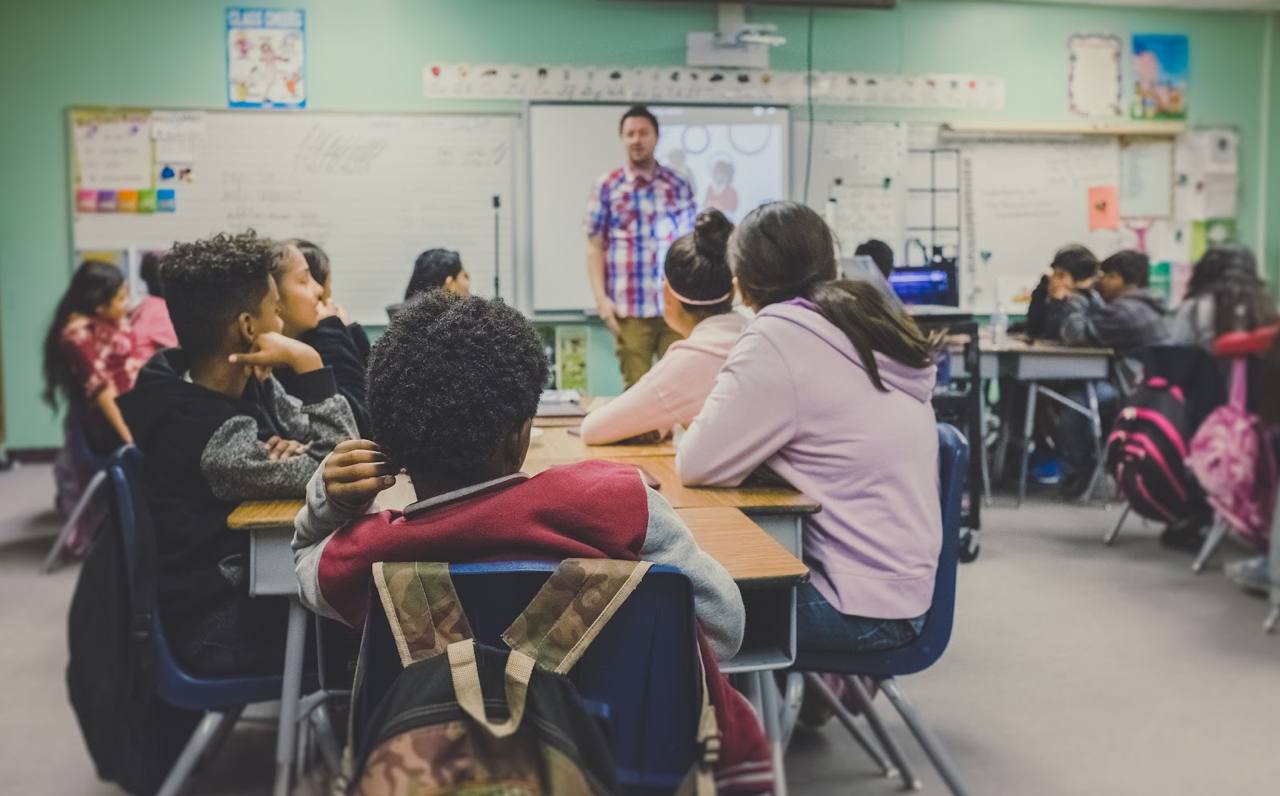The Future of Education: Top Trends to Watch
In the ever-evolving world of education, traditional classrooms are making way for innovative trends that are reshaping the learning landscape. These trends are transforming the way students, teachers, and parents experience education. In this exploration, we'll journey through the top trends that are defining the future of education.
Embracing Digital Learning
Digital learning has become a cornerstone of modern education. It allows students to transcend physical boundaries and access knowledge from anywhere with an internet connection. The flexibility and accessibility of online learning platforms have been especially critical during the recent pandemic. Students can choose when and where they study, making education more adaptable to their unique schedules. This trend is reshaping the traditional classroom and offering a wide array of diverse resources, enhancing the overall learning experience for students.
Personalized Learning
One-size-fits-all education is giving way to personalized learning. This approach tailors education to individual students' needs and preferences, making it a more engaging and effective experience. Students can learn at their own pace, ensuring a deeper understanding of the material. Adaptive learning technology adjusts content based on each student's progress, creating a truly customized learning journey. Personalized learning fosters a sense of empowerment and motivation, as students take charge of their education.
Blended Learning Environments
Blended learning combines the best of traditional classroom methods with online resources. This trend is giving students a dynamic and versatile learning experience. It allows students to learn both in a physical classroom and through digital means. This approach increases student engagement by incorporating technology into the learning process. Teachers can adapt their teaching methods to meet the unique needs of each student, ensuring a more inclusive and effective educational environment.
Artificial Intelligence (AI) Integration
Artificial intelligence is revolutionizing education by providing personalized support to students. AI-powered systems offer insights into students' progress and areas for improvement. They act as intelligent tutors, providing targeted guidance and feedback, making education more adaptive and effective. For educators, AI helps analyze student performance data to fine-tune teaching strategies. This trend is redefining the student-teacher relationship and enhancing the overall educational experience.
Virtual Reality (VR) and Augmented Reality (AR)
Virtual reality and augmented reality are making learning immersive and engaging. Students can step into virtual worlds or interact with augmented information in the real world. VR simulations help students explore complex subjects by providing hands-on experiences. AR enhances real-life settings with additional digital information, making subjects more engaging and understandable. These technologies are revolutionizing the way students experience and comprehend knowledge, making learning truly immersive.
Lifelong Learning and Microcredentials
In a world where the job market is in constant flux, lifelong learning has become a necessity. Microcredentials and continuous education offer a pathway for individuals to acquire and demonstrate new skills. Learning no longer stops at graduation; it is a lifelong journey. This trend allows individuals to adapt to changing job market demands, achieve career advancement, and continually build their skills.
Ethical and Inclusive Education
Ethical education is guiding students towards empathy, tolerance, and social responsibility. Simultaneously, inclusive education ensures that every student, regardless of background or ability, has equal access to quality learning. These trends are creating a learning environment that fosters respect, diversity, and acceptance, preparing students to become compassionate and responsible global citizens.
Environmental Sustainability Education
In a world grappling with environmental challenges, sustainability education is preparing students to become stewards of the planet. This curriculum raises awareness about environmental issues and encourages responsible resource use. Students learn the importance of sustainability practices and are equipped to address climate change and environmental challenges. This trend is helping create a generation of environmentally conscious and responsible individuals.
Conclusion
The future of education is a fascinating and ever-evolving landscape. Digital learning, personalized education, emerging technologies, ethical, inclusive, and sustainability education are reshaping the way we learn and teach. This journey into the future is filled with opportunities for students, teachers, and parents to adapt and thrive in a dynamic and ever-changing educational world. It's a journey where everyone can be a part of shaping the future of education, creating more engaging, personalized, and inclusive learning experiences.

